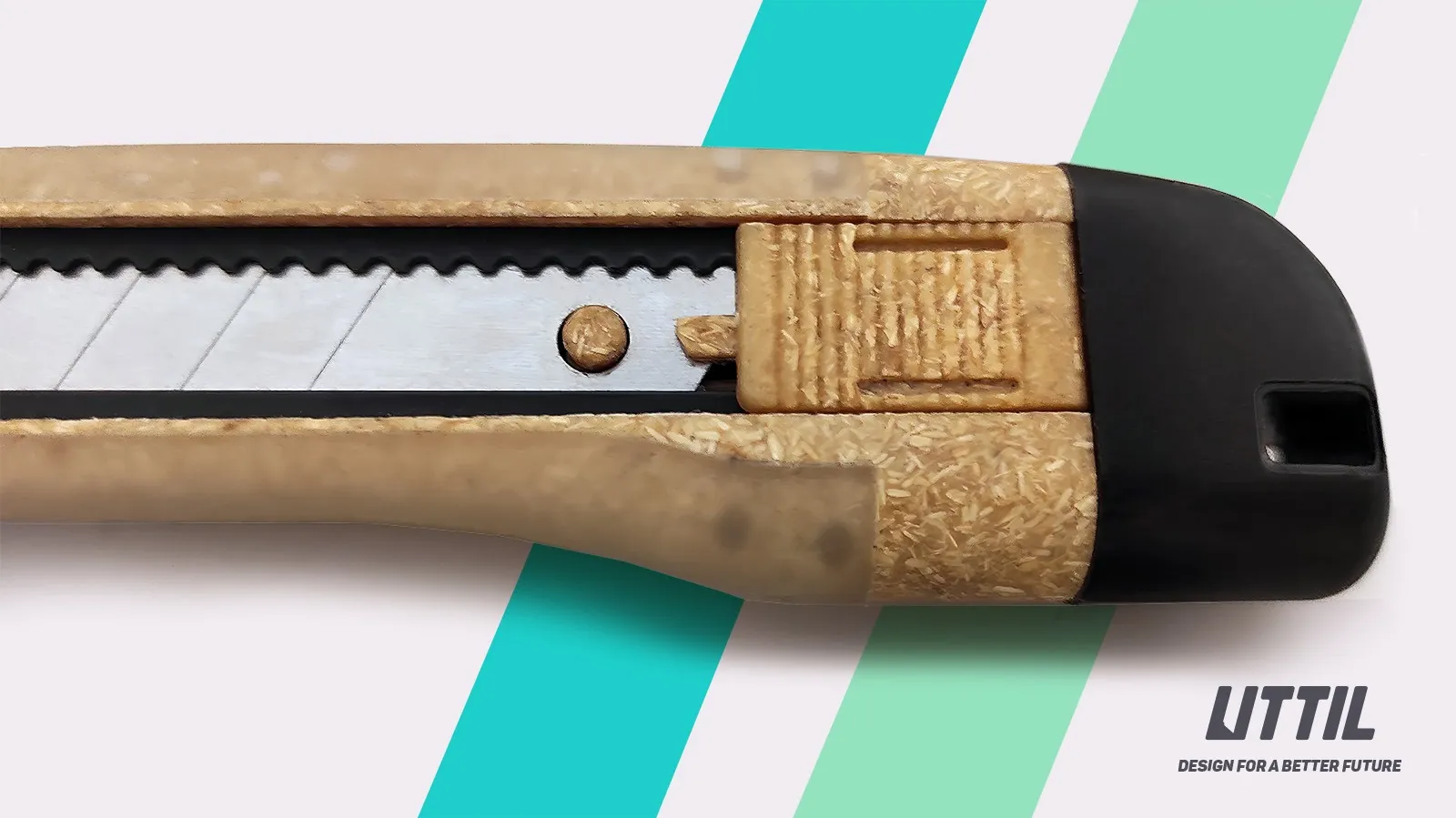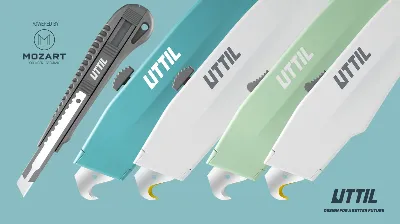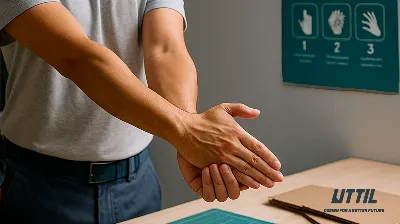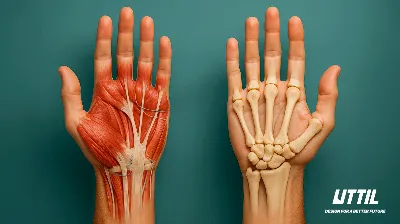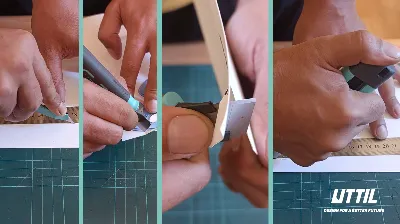Sustainable Materials and Hand Tools: A New Era of Green Craftsmanship
In recent years, sustainability has become a watchword in many industries, from fashion to food production. The hand tools industry is no exception. A growing number of manufacturers and users recognise the benefits of sustainable materials in producing and using hand tools.
Hand tools such as hammers, screwdrivers and utility knives form the basis of craft and commerce and represent the embodiment of human creativity and craftsmanship. But like any other product, they also leave an environmental footprint, from raw material sourcing, through production, utilisation, and final disposal.
Choosing sustainable materials is the first step towards green hand tools. Wood, one of the most traditional materials used for tool handles, can be sourced from forests managed under FSC (The Forest Stewardship Council) certification. Metal parts can be sourced with similar responsibilities and many companies now favour recycled or recyclable metals.
Bio-based plastics are another innovative solution, replacing traditional petroleum-based plastics with plant-based alternatives that reduce carbon emissions and dependence on fossil fuels. They can be used in many areas, from tool handles to the body of power tools. Especially when the plastics used in the agricultural industry are replaced with compostable bio-plastics that dissolve in nature in a short time and turn into food, pollution of agricultural areas and the environment is prevented.
The transition to sustainable materials certainly has its challenges. Firstly, sustainable materials are sometimes more expensive or less accessible than their conventional counterparts. While a hand tool made from recycled or bio-based materials may sound ideal, the performance and durability of the materials used must also meet the high standards demanded by professional craftsmen and DIY enthusiasts. The biggest handicap for manufacturers at this point is access to raw materials that can ensure the quality continuity of the products. Such raw materials, especially the alternatives of plastic materials, have higher costs compared to petrol-based ones. The basis of this is the small amount of production and demand. Consumers' demand for alternative plastics may create the necessary pressure on product manufacturers and raw material producers, and the increase in demand may lead to a decrease in raw material prices.
Another point of discussion is life cycle assessment. Even if a tool is made from sustainable materials, its environmental impact also depends on factors such as production processes, transport, end-of-life disposal, or recycling. Therefore, a comprehensive sustainability strategy should include material selection, energy-efficient production, minimal packaging, and designs that are easy to repair or recycle. For the product's life cycle to be effective, the service life of the product should be planned to be as long as possible, but in economies based on the fast consumption model, developing very durable products will affect the number of sales and related profitability, so such products are offered to the market at a higher price, which has a negative impact on the consumer, delaying the closure of the market for cheap but environmentally harmful products and prolonging the process of solving environmental problems.
Despite all the difficulties, some companies continue their R&D efforts to develop sustainable hand tools and offer them to the consumer at the most affordable price. One of the first brands that comes to mind is UTTIL, known for its innovative and sustainable utility knives. Their commitment to quality, functionality and environmental responsibility is a promising example of what the future of hand tools could look like.
Ultimately, the sustainable hand tool movement can gain momentum, fuelled by innovative materials and conscious consumers. The rewards of caring for the planet we live on, despite the challenges, make the journey worthwhile for consumers and manufacturers. As consumers, we can vote with our wallets and choose effective and kind tools to our planet.

